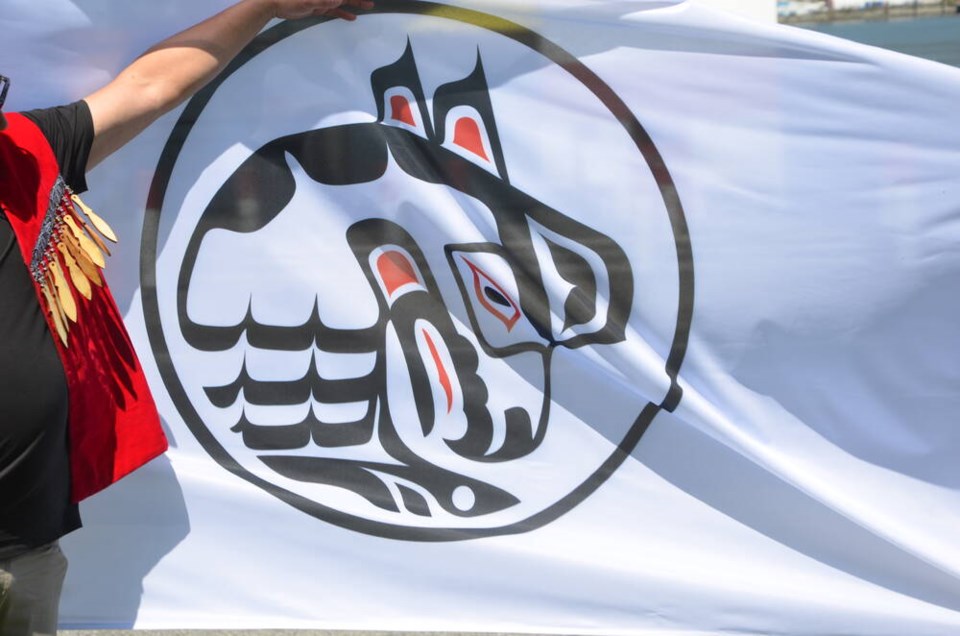Four Indigenous artists have been chosen to create and design the visual identity for the upcoming Invictus Games, due to be held in Vancouver and Whistler in the winter of 2025.
The logo will represent the four local First Nations, with the Tsleil-Waututh Nation’s Olivia George, the Squamish Nation’s Ray Natraoro, the Lil’wat Nation’s Levi Nelson and the Musqueam Nation’s Mack Paul to collaborate on one Coast Salish design.
“This is a big honour,” said Natraoro, an accomplished carving artist renowned for his wood masks, rattles, totems and canoes.
“I am honoured and privileged to be the Nation member selected to represent the Squamish Nation."
Natraoro said the creative gig was a “great opportunity” to showcase and tell the story of his own great grandfather, Coast Salish artist, master carver and First World War veteran Andy Natrall, and the countless other Indigenous war veterans who fought on the battlefields.
The Invictus Games, founded by Prince Harry in 2014, is an international sports competition for wounded and ill military personnel.
In April last year the Duke of Sussex announced the two B.C. municipalities had won the bid to host the Games, giving the green light for the first ever inclusion of winter adaptive sports and the featuring of alpine skiing, nordic skiing, skeleton and wheelchair curling, in addition to the former inclusions of swimming, indoor rowing, sitting volleyball, wheelchair rugby and wheelchair basketball.
“[The Games] will use the power of sport to inspire recovery, support rehabilitation, and generate a more comprehensive understanding and respect for all those who serve their country,” said Peter Lawless, CEO of the Invictus Games Vancouver Whistler 2025.
Lawless said organizers feel privileged to be working closely with each Nation and honoured to be working with the four “talented artists” to create a design that will be the basis of the brand identity for the Games.
“The art created by these artists will convey the powerful story behind the Invictus Games while connecting us to the lands and water our host First Nations have cared for since [time] immemorial,” he said.
Lawless said the visual concept will be based on “a connection to the shared journey of recovery” that Invictus competitors and their families travel, and the remarkable achievement that arriving at both the start and finish line represents for them.
It will also tie into the tagline of Paddle Together, he said, which is based on the significance of the canoe to Salish people, and represents the shared journey between the Invictus Games 2025 committee, the host First Nations, the participating Nations from across the world and the friends and families who will be supporting them.
The visual concept will be similar to past iterations, said Natraoro, with the same colours and similar design, but will be more representative of Salish people, a move essential in promoting diversity and inclusivity.
With more than 25 Nations participating and more than 550 athletes from 20 countries due to compete, the logo will serve as a vital first impression of British Columbia and the people that call it home, said Natraoro.
“Visitors will get a good understanding of, and a visual of, the Coast Salish and First Nations that are here and that are participating just as much as everyone else,” he said.
“There’s a place for us, and for inclusivity, at the Invictus Games.”
Mina Kerr-Lazenby is the North Shore News’ Indigenous and civic affairs reporter. This reporting beat is made possible by the Local Journalism Initiative.



